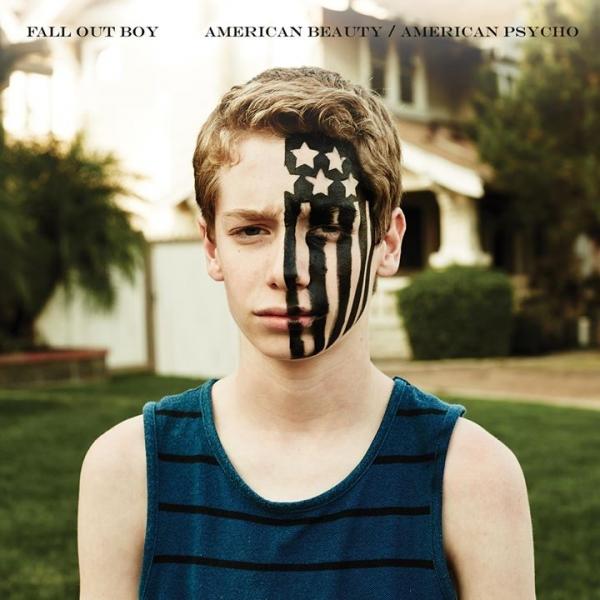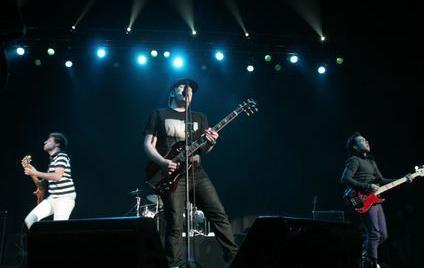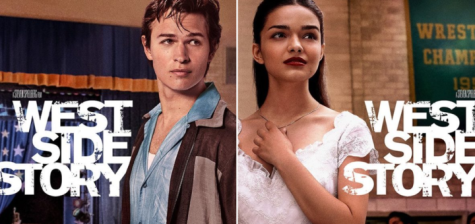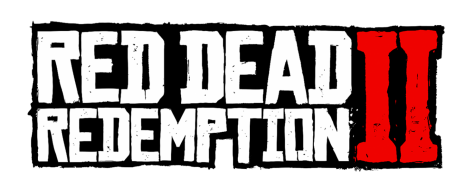Fall Out Boy hits the right notes in sixth album

Fall Out Boy’s latest album might be overly ambitious, but it is worth a listen.
Fall Out Boy’s sixth album, American Beauty/American Psycho, is a surprising yet successful mix of outlandish styles. The album features a wide variety of sounds, from booming electro- and hip hop-influenced anthems destined for vast radio play, to heart-wrenching ballads laced with stinging metaphor.
One thing is for sure—Fall Out Boy has matured past their Chicago punk roots and continue to bend and redefine modern rock music.
The album is built around themes of American pop culture, and the juxtaposition of traditional and abnormal in a manner that questions societal norms. AB/AP contains references to American film and for the first time in Fall Out Boy history, extensive music sampling.
“American Beauty/American Psycho” is the title track, which switches back and forth between aesthetically pleasing verse and alternative harmonies, scattered with a sample from Mötley Crüe’s “Too Fast for Love,” creating an uncomfortably hyperactive atmosphere.
“Uma Thurman” is a track written about empowered women which is reminiscent of vintage spy films infused with tasteful samples from “The Munsters” television theme song.
Despite scattered accusations that Fall Out Boy has “sold out,” the band appears to remain true to their own artistic direction.
“All I can say is, some people will love it. Some people will hate it,” lead singer Patrick Stump posted on his Twitter account. “The four of us like it a lot, so we’re happy.”

Bassist and lyricist Pete Wentz continues to write clever lyrics littered with word plays on common phrases which carry a rather melancholy undertone, although AB/AP reveals a more enlightened and less melodramatic circumlocution.
Stump’s influence is apparent through the melodic piano, soulful vocals, and clever mesh of contrasting genres, including blues rock, hip hop, and electro pop.
Unfortunately, much of Fall Out Boy’s well-written material is obscured by an over-processed sound, which favors electro-pop beats over the raw talent displayed on previous albums.
The songs clustered in the middle of the album leave even the most open-minded fans craving one of Joe Trohman’s signature guitar solos.
The album contains two hit singles, “Centuries” and “Immortals,” both of which include modern beats that have “mass appeal,” and choral lyrics that are easy enough for those listening from a car radio to understand.
No doubt, this will lead to a new wave of Fall Out Boy listeners, who may be surprised by AB/AP’s alternative sound and intense message.
Conversely, longtime fans may be disappointed by the new direction Fall Out Boy is taking. Short titles, repetitive choruses, mainstream appeal, and sampling are quite the opposite of early Fall Out Boy’s “angsty” punk rock image on their freshman and sophomore albums.
That said, each Fall Out Boy album has progressed and outreached its predecessors, and Fall Out Boy’s first post-hiatus album “Save Rock and Roll” gave fans time to adjust.
Although American Beauty/American Psycho is the type of album that grows on a person, it takes time for the significance of each song to set in, and despite the overly ambitious style, the content of the album definitely makes it worth the listen.












Aimee • Feb 13, 2015 at 7:58 pm
Additional information to anyone who is interested in listening to “American Beauty/American Psycho;” the album version of “Immortals” is slightly different from the single version, as seen in the movie “Big Hero 6”
Samuel Frechette • Jan 30, 2015 at 8:31 pm
This article does raise a point: the nature of Fall Out Boy’s style. As a fan, I adore the heavy guitars, fast pacing, and post-hardcore style from “Take This to Your Grave” and “From Under the Cork Tree.” Even as the hiatus ended and the more-synthesized “Save Rock and Roll” was released, the songs still maintained the pop-punk elements from previous albums and newer hip-hop and pop influences. I pre-ordered “AB/AP,” got my hands on my copy on the twenty-first, and promptly listened to it four times. I think it’s a very well done album, with “Irresistible,” “Uma Thurman,” and “Novocaine” being my top tracks. The rest of the album is great as well, and “Jet Pack Blues” and “Immortals” are great ventures into new styles. “Twin Skeleton’s(Hotel in NYC)” has haunting vocal refrains reminiscent of “Golden” from “Infinity on High.” I’m satisfied with my purchase, and in no way am I saying this is a poorly made album, but it’s just not Fall Out Boy. The heavy, drop-d riffs, and heartbroken lyrics from the early 2000’s are gone. For example, compare two epic anthems from Fall Out Boy’s discography, 2005’s “Dance, Dance” and 2015’s “Centuries.” The difference ten years make is drastic. Compare this to Green Day’s “Dookie” and “American Idiot”: the style remains pretty similar but just more complex(which is the route I kind of wished Fall Out Boy took). Throughout my listening of this record I did not hear any noteworthy instrumentation, with computer-generated synths filling the void. I hope when they preform these songs live they find a way to transpose it so that they do not need to utilize backing tracks or elaborate MIDI set-ups. Although I am slightly skeptical of Fall Out Boy’s new stadium-pop sound, I applaud their use of sampling. It’s simply brilliant. In conclusion, while this new album is not the same as the brilliance of turn-of-the-millennium Fall Out Boy, it is a very solid, well-produced album on its own. If anybody who reads this is interested in listening to “AB/AP,” go ahead and spend thirteen bucks on the CD; it’s well worth the money.
P.S. Very well-written article. You raise some good points about Fall Out Boy’s stylistic changes and the general consensus among the fanbase.